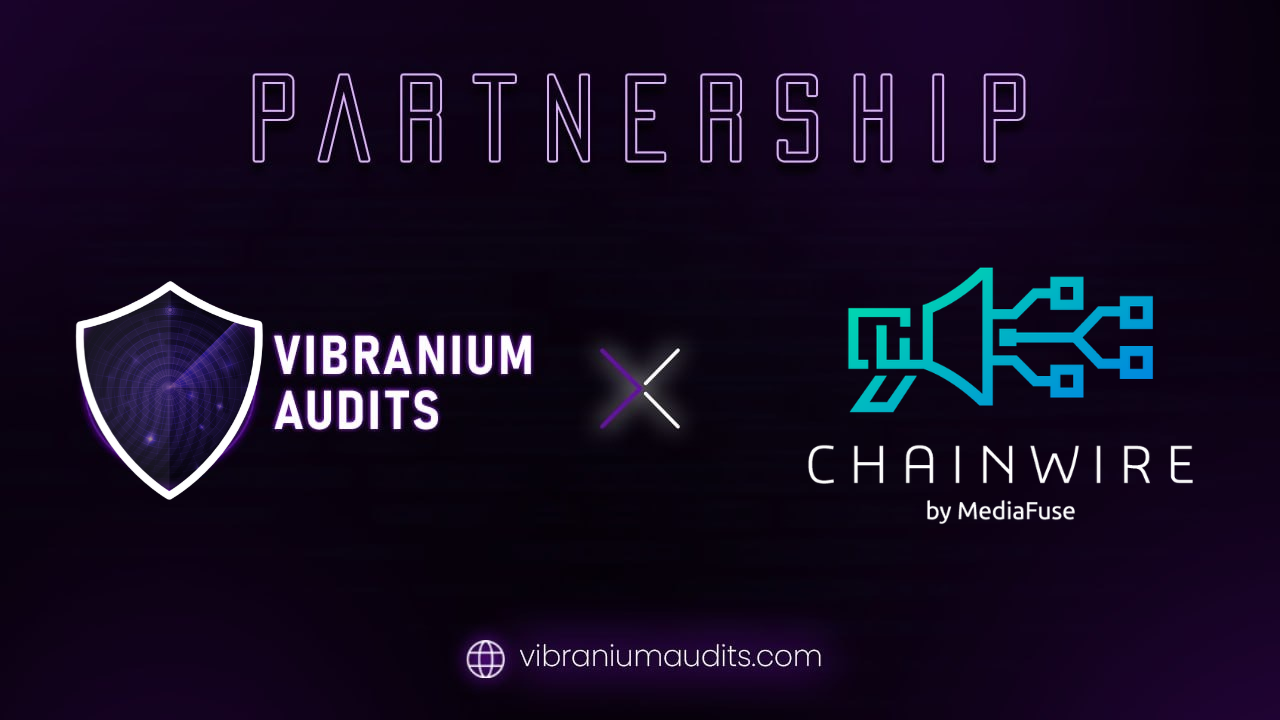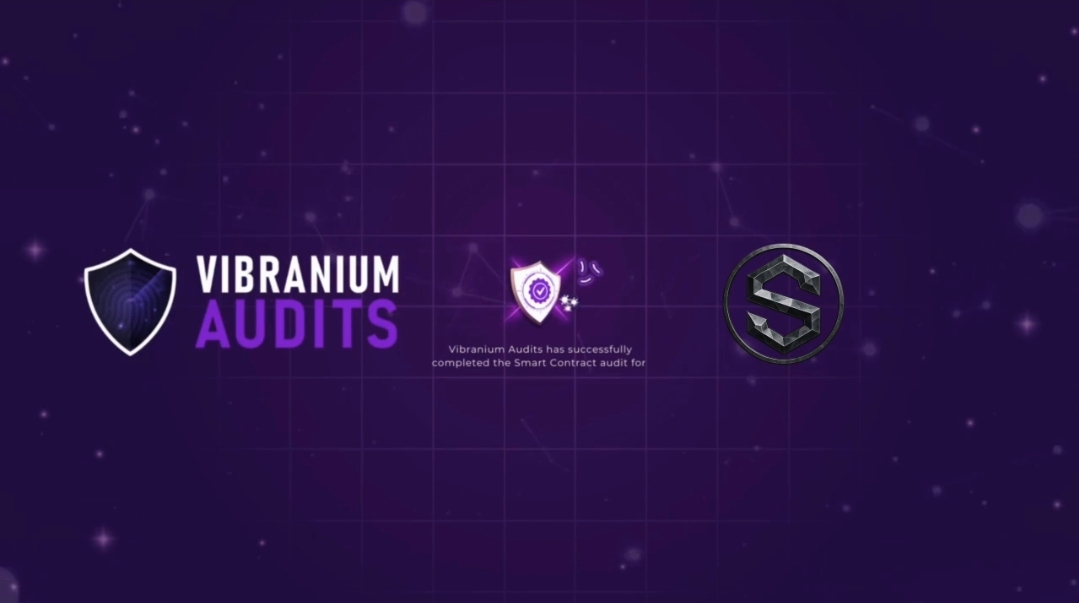Introduction
When interacting with DApps, the smart contract behind the application often needs to perform transactions involving transferring tokens from your wallet. For security reasons, smart contracts cannot directly access your tokens without explicit permission. When a user approves (via the approve() function) a token request in a DApp, they essentially grant the DApp (spender) permission to access a specified amount of their tokens using the transferFrom function, as defined in the ERC-20 standard.
According to a recent report, over $25 million was lost to infinite approval exploits in 2023 alone【source】. In this article, we will discuss how to avoid MetaMask infinite approval exploits to protect your assets.
Understanding Infinite Approval
After the approve() function is executed, the owner’s address, the spender’s address, and the approved amount are specified. No tokens are moved at this stage; the approval simply authorizes future transfers up to the allowed limit.
When the spender wants to move tokens, they call the transferFrom() function, which checks that the spender's allowance covers the transfer amount and that the owner has enough tokens in their balance. If these conditions are met, the tokens are transferred from the owner to the recipient, the spender's allowance is reduced by the transferred amount, and the transaction is recorded on the blockchain.
Risks of Infinite Approval
Infinite token approval or unlimited approval requests allow a DApp to spend an unlimited amount of a user’s tokens without needing repeated permissions. While this simplifies interactions with DApps, it carries significant security risks. If the DApp or smart contract becomes compromised, malicious actors could potentially drain all the user’s approved tokens.
How to Stay Safe from Infinite Approval Exploits
Review & Revoke Unnecessary Approvals
Revoking token approval is not the same as disconnecting your wallet from a DApp. Disconnecting your wallet prevents the DApp from seeing your public address and token balances, but it does not revoke token approvals. If a DApp has prior token approval, it can still access and move those tokens until the approval is explicitly revoked.
Steps to Revoke Token Approvals:
- Visit Etherscan Token Approval Checker: Go to Etherscan Token Approval Checker, connect your wallet, and revoke permissions for any DApps or tokens you no longer use.
- Use Revoke.cash: This tool helps you manage and revoke token allowances. Visit Revoke.cash to check and revoke unnecessary approvals.
For regular DeFi users, frequently auditing the permissions granted to DApps and revoking any that seem suspicious or unnecessary is crucial.
Double Check Every Infinite Approval
To verify the legitimacy of a DApp, NFT collection, or other blockchain-based service, look up its smart contract address on the relevant block explorer (e.g., Etherscan for Ethereum) and double-check using token listing sites such as CoinGecko. Every smart contract has a unique address, and any reputable project will make this address readily available to the public.
Best Practices:
- Approve Limited Amounts: Only approve an infinite amount of tokens for reputable contracts when necessary. Otherwise, approve only the required amount for a specific transaction or activity.
- Revoke Approvals Promptly: After completing a transaction, reduce or revoke the approval to minimize risk.
Conclusion
Infinite approval exploits pose significant risks to your assets in the blockchain ecosystem. By reviewing and revoking unnecessary approvals and double-checking the legitimacy of DApps, you can protect your tokens from potential exploits. Stay vigilant and ensure your token approvals are managed securely.
FAQ
1. What is an infinite approval exploit?
- An infinite approval exploit occurs when a DApp with unlimited token approval spends an unlimited amount of a user’s tokens without repeated permissions, posing a security risk if the DApp is compromised.
2. How can I check my token approvals?
- You can use tools like Etherscan Token Approval Checker or Revoke.cash to manage and revoke your token allowances.
3. Why is it important to revoke unnecessary approvals?
- Revoking unnecessary approvals minimizes the risk of malicious actors accessing your tokens if a DApp or smart contract becomes compromised.
4. What is the difference between disconnecting my wallet and revoking token approvals?
- Disconnecting your wallet prevents a DApp from seeing your public address and token balances, but it does not revoke token approvals. Token approvals must be explicitly revoked to prevent the DApp from accessing your tokens.
5. How can I protect my assets from infinite approval exploits?
- Approve only the required amount for specific transactions, revoke unnecessary approvals promptly, and verify the legitimacy of DApps and smart contracts before granting permissions.
These versions ensure the content is engaging, informative, and actionable, adhering to the specified requirements while using the AIDA framework.










